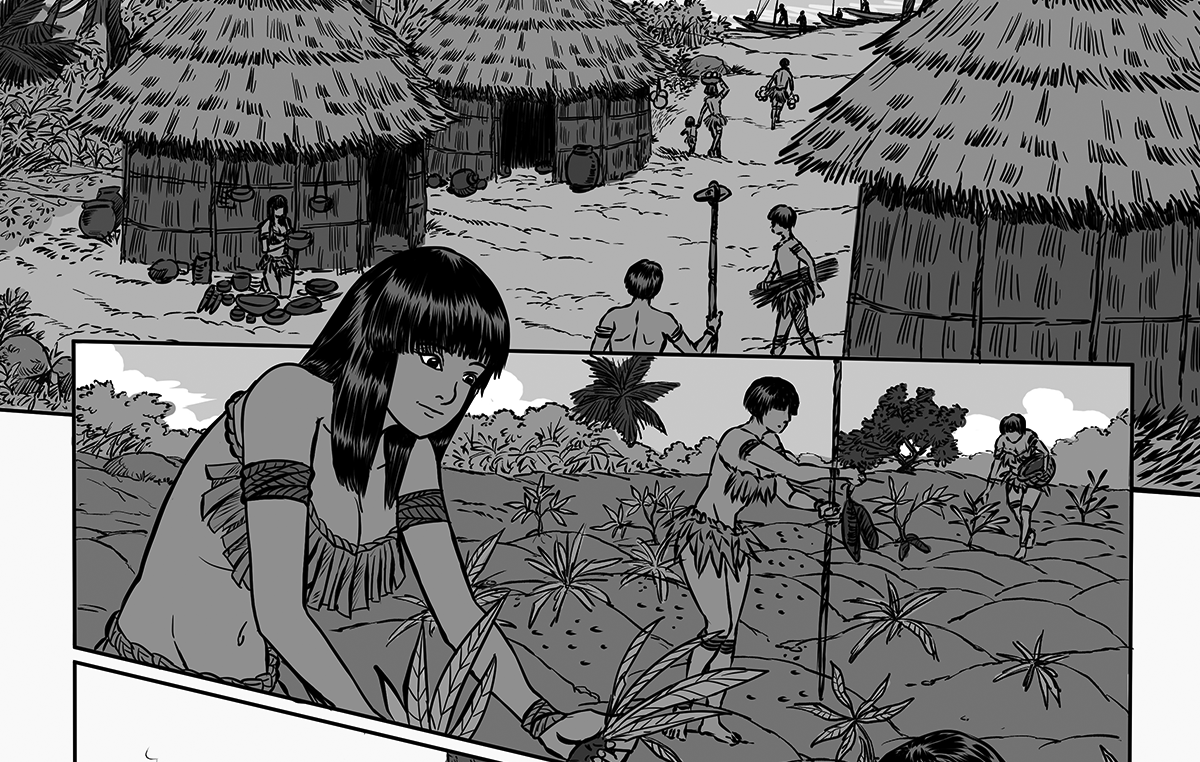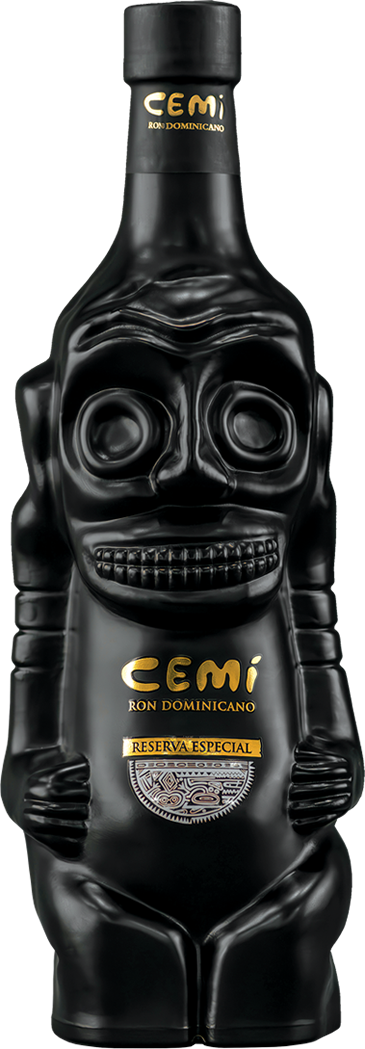
Before the arrival of the Spanish in 1492, the island we know today as the Dominican Republic and Haiti was inhabited by the Taíno, an indigenous people with a rich culture deeply connected to nature. Their legacy lives on in the Dominican language, art, and traditions.
Who were the Tainos?
The Taínos were a peaceful and organized society that lived off agriculture, fishing, and hunting. They lived in five chiefdoms, or territories, each governed by a chief. Their way of life was based on respect for nature and spiritual beliefs linked to the Cemíes, sacred figures who represented gods and ancestors.
Taino daily life
The Taínos lived in villages called yucayeques, where they built their houses of wood and palm. There were two types of dwellings: the circular bohío, where the majority of the population lived, and the rectangular caney, reserved for the chief.
They ate primarily cassava, corn, sweet potatoes, and chili peppers, and used cassava bread as the basis of their diet. They also fished and hunted small animals, and were highly skilled in pottery and basketry.
Religion and spirituality
The Taíno religion revolved around the Cemíes, figures carved in stone, wood, or ceramic that represented deities or protective spirits. They believed in a creator god, Yocahú, and a mother goddess, Atabey. Rituals and ceremonies were led by the behíques, who acted as shamans and healers.
Taino legacy in Dominican culture
Although the Taíno population declined drastically after colonization, their influence endures. Words like "yuca," "hamaca," "batata," and "cacique" come from their language. In gastronomy, casabe remains a traditional food, and Taíno elements can be seen in art and music, including symbols and rhythms.
Taíno culture is an essential part of Dominican identity. Their knowledge, beliefs, and traditions left an indelible mark on the country's history. Today, cultural and artistic initiatives seek to keep their legacy alive, reminding us of the value of our pre-Columbian roots.
Use for people over 18 years of age
Alcohol consumption is harmful to health (Law 42-01)
Consume responsibly
Alcohol consumption is harmful to health (Law 42-01)
Cemí Dominican Rum ® 2025
Website by Ktech Solutions
